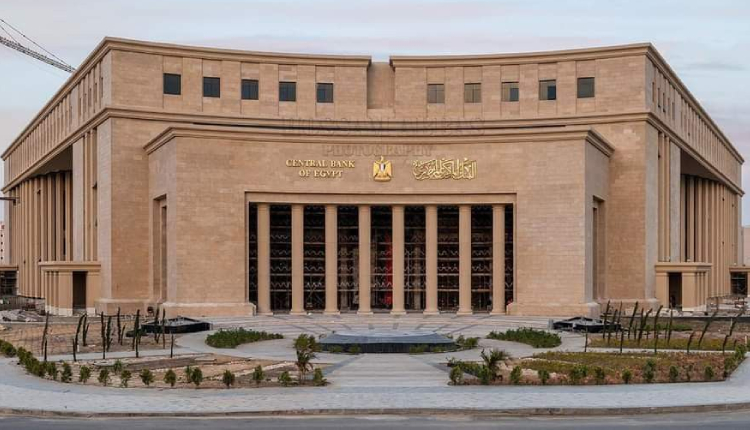Goldman Sachs expects Egypt’s c. bank to cut rates
Goldman Sachs expects that Egypt’s central bank, Central Bank of Egypt (CBE), is poised to cut interest rates in its coming MPC meeting later on Thursday, Bloomberg reported.
The possibility of easing monetary policy has emerged as inflation slowed over two months, despite a one-time drop of about 40 per cent in the official exchange rate. However, with rates still negative after adjusting for current inflation, all economists except one anticipate that the central bank will maintain the benchmark at 27.25 per cent.
Goldman Sachs, characterising this week’s decision as finely balanced, argues that Egypt’s real rates are already significantly above neutral on a forward-looking basis. The bank expects a cut to 25.75 per cent and foresees a total easing of 625 basis points by the end of the year.
According to Farouk Soussa, an economist at Goldman, price growth is decreasing primarily due to pound stability and easing supply constraints rather than higher rates effectively curbing inflation.
The devaluation of the currency on March 6, coupled with a 600 basis-point rate hike, was aimed at securing an expanded loan programme from the International Monetary Fund (IMF). Egypt also struck a significant investment deal with the United Arab Emirates, unlocking additional financing totalling $57 billion.
Despite concerns, an inflationary shock has not materialised as many goods were already priced in line with the pound’s weaker value on the black market. Moreover, the bailouts alleviate Egypt’s foreign exchange shortages, a major contributor to inflation.
Since the devaluation, the pound has appreciated by more than 7 per cent against the dollar, supported by a weaker exchange rate and higher rates that attracted inflows into local bonds.
Annual inflation, which peaked at 38 percent in September, slowed to 32.5 per cent last month, attributed to increased availability of foreign exchange and efforts to limit the cost of essential items.
The IMF anticipates a further decline in price growth next month, with a projected slowdown to 15.3 percent by the end of the next fiscal year in June 2025. Despite this, Egypt has not lowered rates since 2020, tripling its benchmark since early 2022.
The IMF’s programme for Egypt focuses on maintaining tight policies, potentially delaying rate cuts until after the fund’s next review in June. Authorities are also cautious not to unsettle portfolio investors who have increased investments in Egypt’s local bonds following the recent devaluation.
Although a rate cut is under consideration due to stabilised inflation and the strain of high rates on the budget and domestic demand, Simon Williams, economist at HSBC Holdings Plc, believes a hold is the most probable choice for now. Williams suggests that cuts at this stage could undermine efforts to restore monetary policy credibility and stabilise the new foreign exchange regime established in March.


